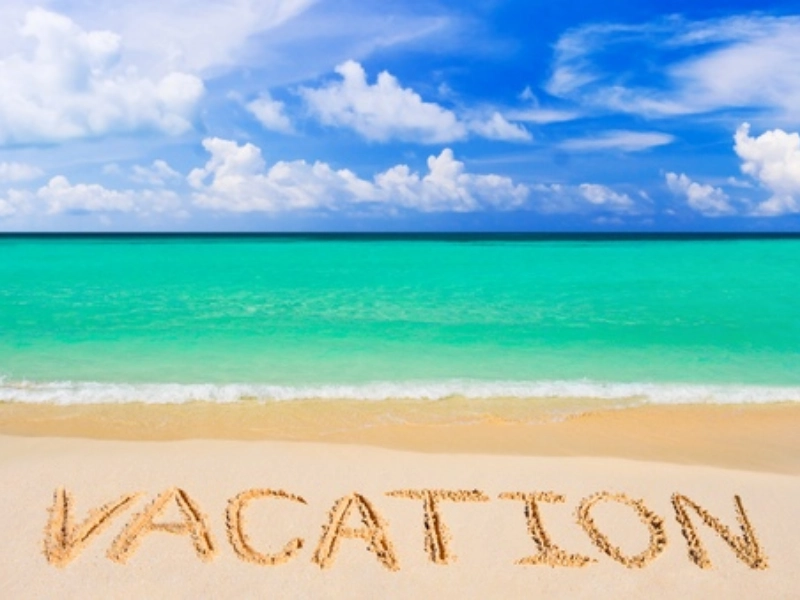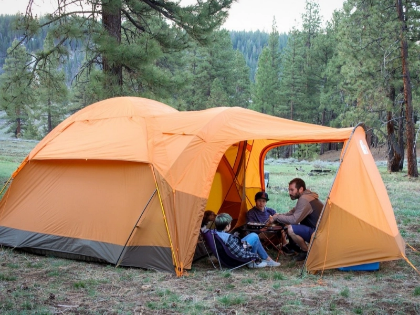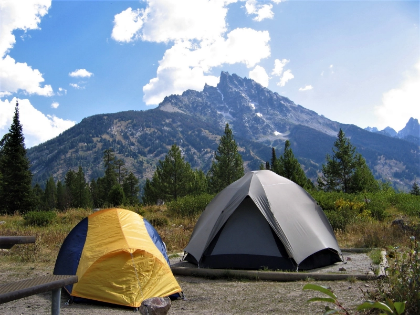Before you go on vacation, empty out your cabinets and refrigerator to avoid coming home to a filthy, bug-infested house. Make sure to set up an automated monthly transfer of funds to your trip from a goal-oriented savings account.
1. Conduct research.

Establishing a reasonable savings target and starting early are the best ways to save money for a trip. Calculate the expected cost of your trip using an online sinking fund calculator, and then work backward to see how much you should be saving each month.
For instance, if you want to travel for $2,400 in 16 months, you may try to save $150 a month towards your trip expenses. If you're having trouble saving enough money on your own, think about joining forces with a friend or relative who has similar travel goals. Create a fun competition to see who can save the most money the quickest.
Reducing food expenditures is another simple way to put money aside for a vacation. To receive cash back on your grocery purchases, try buying at neighbourhood farmers markets, signing up for a community-supported agriculture (CSA) programme, or using cash back apps.
2. Seek out rebates.

A few well-chosen pennies here and there can quickly mount up and have a significant impact on your vacation spending. For instance, a family of four can save $20 or more by forgoing those individual ice cream cones at the neighbourhood ice cream shop. Preparing your meals and making your own lunches are two more excellent methods to reduce wasteful spending.
Seek out member savings on lodging and transport, as well as on dining and attractions. These range from AAA to the ASPCA, and they're frequently less expensive than paying full price.
Purchasing a package, which combines lodging and airfare, is an additional choice. When compared to buying hotels and tickets separately, these can be significantly more economical, especially during the busiest travel seasons when airfares are higher.
3. Make a plan beforehand.

Making advance plans is the best way to save money for a trip. Make a note of every expense you anticipate paying, such as travel, hotel, food, souvenirs, and any unique activities or sights.
Planning should ideally begin six to twelve months in advance, depending on the duration of the trip. This helps you stay under budget and locate the finest offers.
Travelling during off-peak seasons can help you save a lot of money on your trip expenses. This will also assist you in avoiding dense crowds at well-known locations.
To get deals on anything from local restaurants to complete vacation and resort packages, check out daily deal websites like Groupon and LivingSocial. To ensure you don't spend more than you can afford, be sure to monitor your credit card statements and bank accounts.
4. Remain adaptable.

While you may not have much influence over the price of your vacation, you do have some flexibility in terms of where you choose to go. To cut costs on your trip, consider booking during off-peak times, using booking portals, and being flexible with your accommodations.
Meal preparation, for instance, can reduce your food expenses. You may make your own lunch or dinner in the evening rather than going out to eat. Eating at restaurants with lunch specials or using coupon-shopping apps like Savingstar and Coupon Sherpa are further ways to cut costs on meals.
Establishing a separate savings account for your trip fund is another excellent way to save money. This will stop you from inadvertently using it for unrelated costs. You may even set it up to automatically send funds into your travel fund on a monthly basis.
5. Have flexibility when creating your budget.

Being flexible with your planned schedule may help you save more money, depending on when you want to travel and how much you can afford. Travelling in the off-season, for instance, may result in cheaper hotel prices and fewer visitors to popular tourist destinations.
Think about staying somewhere other than the city centre. Compared to hotels, hostels, bed & breakfasts, and vacation rentals are frequently less expensive. They can also provide a distinctive experience and let you see a different aspect of the city than you would if you stayed in the centre.
Some possibilities for flexibility could include putting a stop to spending and eliminating unnecessary expenses (such as concert tickets and impulsive day getaways). You can increase your savings account by working more hours, holding a garage sale, and selling unwanted goods online.
Advertisement
Recommended Reading: Does your tent allow food?























Suitable for change log summarization.
Feels like a hinge idea.
Breeds useful tension.
This maps well to practice.